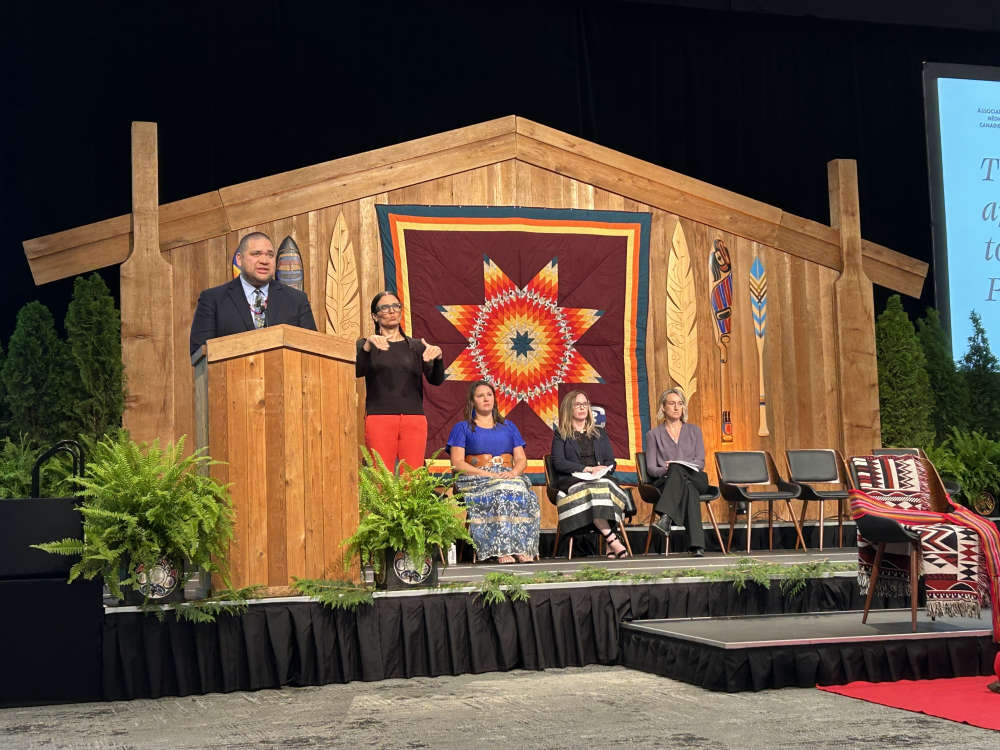
The Canadian Medical Association has apologized for its role, and the role of the medical profession, in past and ongoing harms to Indigenous Peoples in the health system.
In presenting the apology in Victoria on Wednesday, held on the traditional territory of the lək̓ʷəŋiʔnəŋ-speaking people of Songhees and Xwsepsum Nations, CMA President Dr. Joss Reimer spoke of the CMA’s commitment to being accountable and working together with Indigenous Peoples to do better in the spirit of humility and reciprocity.
She said they have not lived up to the ethical standards the medical profession is expected to uphold to ensure the highest standard of care is provided to patients and trust is fostered in physicians, residents and medical students.
“We realize we have left Indigenous Peoples out of that high standard of care,” said Reimer.
Approximately 225 guests, including local and national Indigenous leaders, members of the CMA Indigenous Guiding Circle and Indigenous Survivors listened as CMA leadership outlined the organization’s path to an apology.
The CMA acknowledged and apologized for harms including the devastating impacts of Indian hospitals, forced medical experimentation, forced sterilization, child apprehensions, systemic racism, neglect and abuse within the health care system.
The CMA’s ReconciliACTION Plan outlines how it will advance health and well-being for Indigenous Peoples, support the medical profession’s journey toward truth and reconciliation, and promote internal reconciliation as an organization.

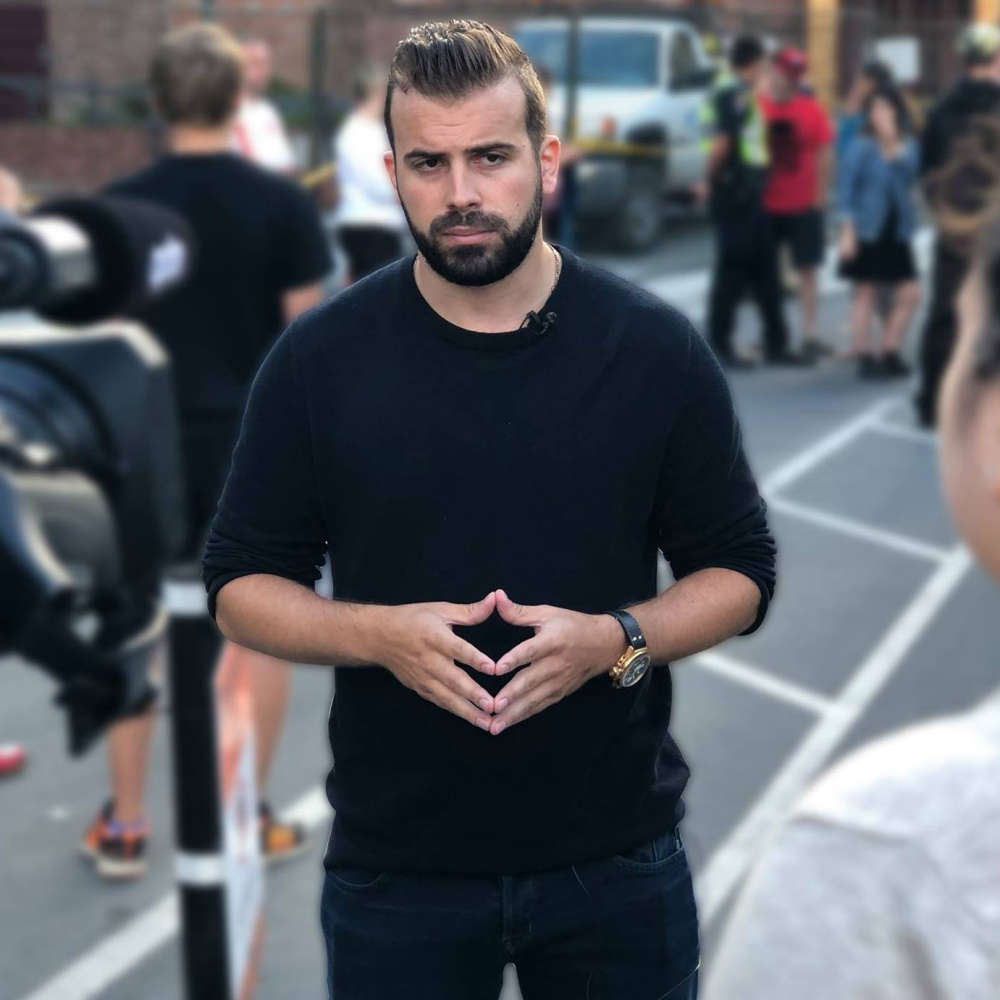 First Nation Leadership Council Calls For Conservatives To Pull North Island-Powell River Candidate
First Nation Leadership Council Calls For Conservatives To Pull North Island-Powell River Candidate
 North Island-Powell River All Candidates Debate At Sunday At Tidemark Theatre
North Island-Powell River All Candidates Debate At Sunday At Tidemark Theatre
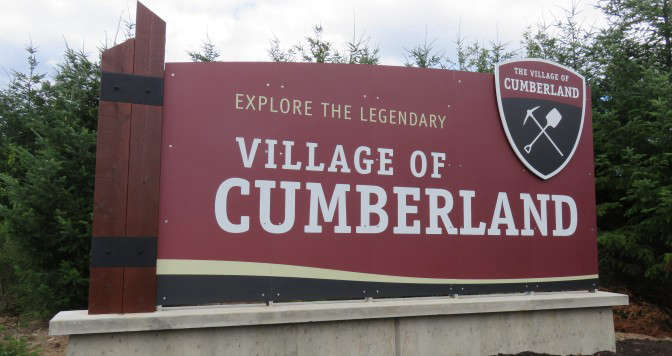 Cumberland Residents Are Encouraged To Report Incidents To The RCMP
Cumberland Residents Are Encouraged To Report Incidents To The RCMP
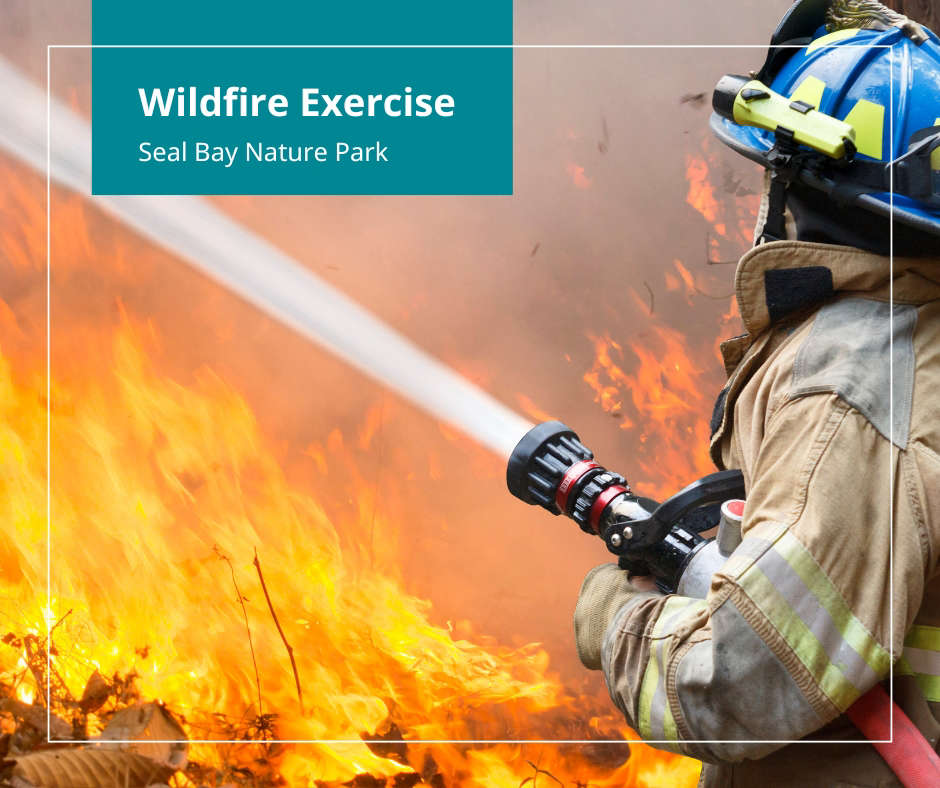 Training Exercise Today At 19 Wing Comox And Seal Bay Nature Park Area
Training Exercise Today At 19 Wing Comox And Seal Bay Nature Park Area
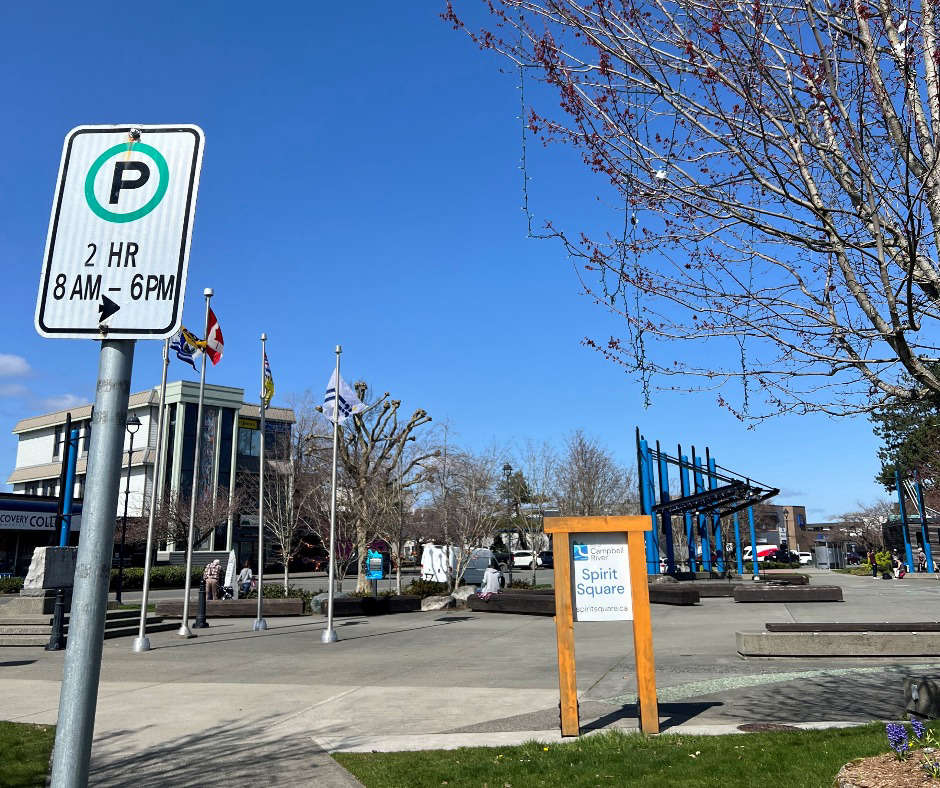 Campbell River Extends Downtown Parking Time Limits
Campbell River Extends Downtown Parking Time Limits
